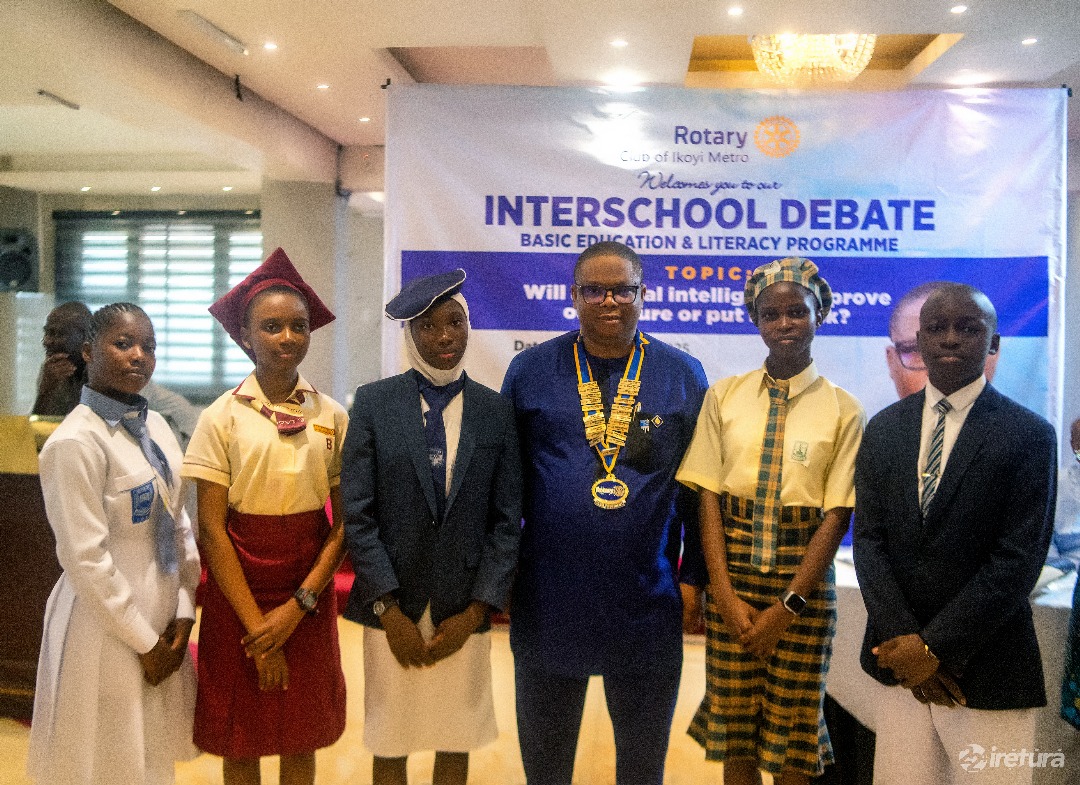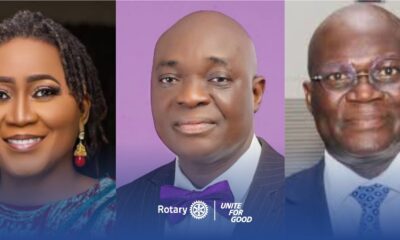A Lagos innovation advisor questions Nigeria’s readiness for the AI revolution, urging proactive building over passive consumption to avoid mass job displacement
Artificial Intelligence, the new magic word! Investors are funding it. Universities are teaching it. Even my WhatsApp uncle is forwarding AI-generated motivational quotes. In fact, it’s what the boys and I are always talking about over beer.
We’re all caught in the hype — and honestly, it’s exciting. But as the drums of this AI revolution beat louder, I find myself asking a different question:
Is Nigeria moving with it — or sleepwalking into an unfamiliar future?
Beyond the Hype: The Real Questions?
As someone standing in the middle of Nigeria’s innovation space, I’ve learned that real progress doesn’t just come from excitement. It comes from asking the harder questions — the ones that make us uncomfortable before they make us better.
Because beneath all the celebration, I keep wondering: What does this AI revolution really mean for the average Lagos resident? Good or bad? Or… are we even asking the right question?
Let’s face it: AI is power. And like any form of power, it can either empower or marginalize — depending on who wields it, and why.
Already, AI can write better poems than me, paint portraits, produce mad afro beats music, generate movie scripts, Create deep fake videos, build websites and apps.
Soon, AI “agents” will be able to run businesses, book flights, negotiate deals, order food — basically run your daily life.
For the global economy, that’s progress.
But for a country like Nigeria — where millions of talented youths hustle, grind, and create every single day — I have to ask: Where does this leave us?
We are a nation of creative, hustlers, dreamers, builders. Do we risk becoming irrelevant in a world where machines do our jobs faster and better?
What happens when a prompt — just a few words — can produce what took someone years of sweat to perfect? It’s not just a job issue. It’s an identity issue!
Are we finally going to become Sophisticated… But Jobless?
We might be on the verge of raising a generation of sophisticatedly unemployed people. Smart. Ambitious. Highly educated.
But displaced by tools built in Silicon Valley — by people who don’t even know where Osun State is. Is that alarmist? No — it’s realistic. But realism doesn’t mean panic. It means preparation.
Are we on track?
This isn’t about resisting innovation — far from it. I’m proudly part of Nigeria’s tech ecosystem. I believe AI can help us solve big problems — in healthcare, education, agriculture, even governance. But we can’t afford lazy excitement. We need active imagination.
We need to Build our own AI models (trained on African languages, Nigerian realities, and local problems), Revamp education(focus on critical thinking, not just certificates), Empower the creative industries (to see AI as a collaborator, not competition), Lead from the front —not always from behind.
Because let’s be honest, the future won’t wait and AI won’t ask for our permission to change the rules.
Is there still Hope for us?
Despite all the challenges, I believe in the Nigerian spirit. I’ve seen young Nigerians turn nothing into something, time and time again.
I don’t believe any machine can write our story for us — unless we let it. But we have to stay awake, we have to be strategic, we have to be audacious enough to build, not just consume.
My Final Thoughts: Let us start Asking Better Questions
The question isn’t “Will AI shape the future?” It’s: “What role will Nigeria play in creating that future?”
But even before we answer that, maybe we need to ask better questions: Is the idea of work about to be redefined?, Are we — after centuries of struggle — about to find ourselves back at square one?, If Africa doesn’t shape this technology, what will our future look like as mere consumers?
These are uncomfortable questions but from the right questions come the right actions. The future doesn’t belong to the loudest or the fastest. It belongs to those who ask the right questions early —and have the courage to build the answers.
About the Author
Akeem Hassan is an ecosystem builder and innovation adviser to the Lagos State Commissioner for Innovation, Science and Technology.
Passionate about the intersection of technology, governance, and African prosperity, he works at the forefront of Nigeria’s innovation ecosystem — building bridges between policy, creativity, and the future.
He believes Africa must not just adopt technology, but help define its next chapters.
By Akeem Hassan
Like this:
Like Loading...
Related

 Celebrity news4 weeks ago
Celebrity news4 weeks ago
 Entertainment3 weeks ago
Entertainment3 weeks ago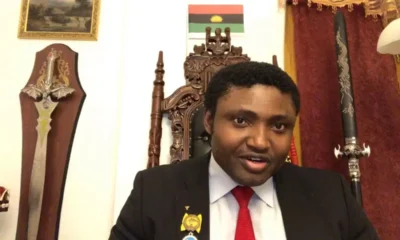
 Breaking News4 weeks ago
Breaking News4 weeks ago
 Celebrity news4 weeks ago
Celebrity news4 weeks ago
 Celebrity news4 weeks ago
Celebrity news4 weeks ago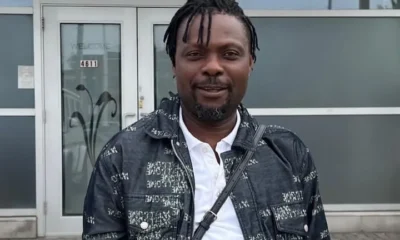
 celebrities3 weeks ago
celebrities3 weeks ago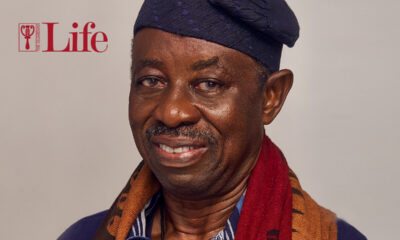
 Entertainment4 weeks ago
Entertainment4 weeks ago
 Celebrity news4 weeks ago
Celebrity news4 weeks ago

